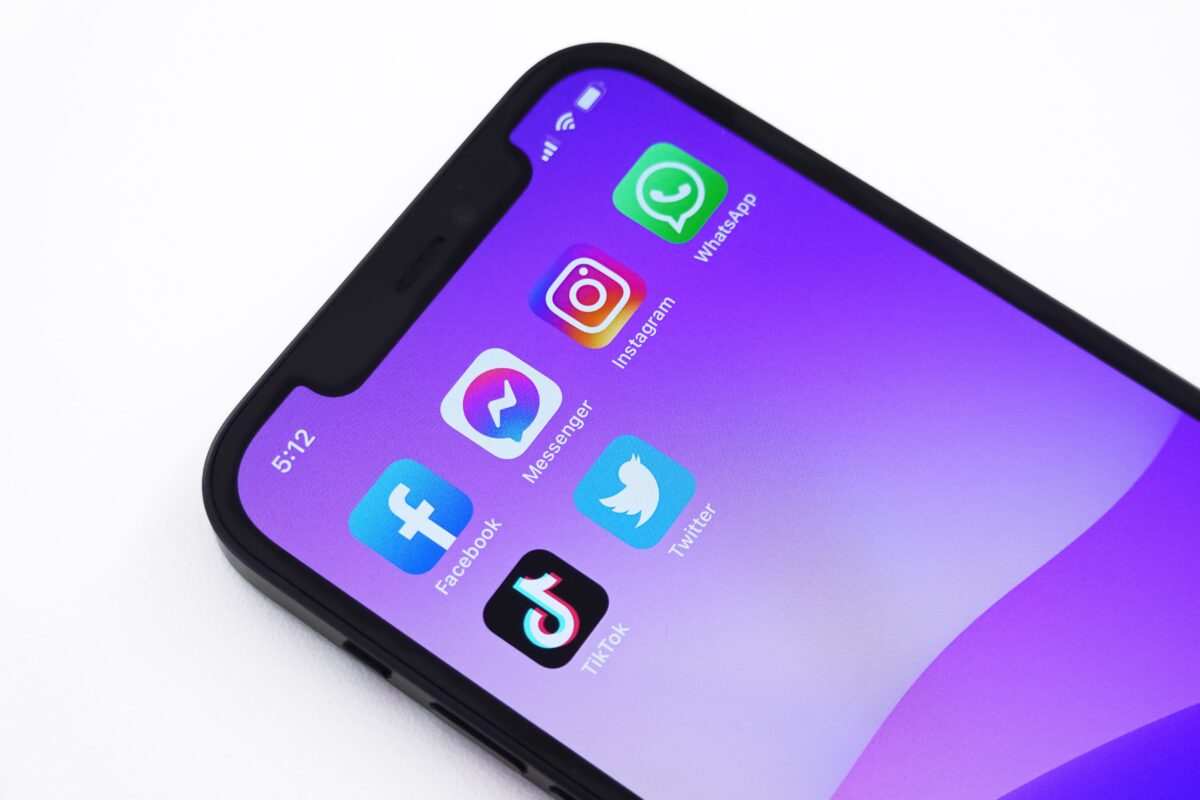It might not be an age-old question, but many small businesses often ask which is better for marketing: Facebook or Instagram?
Unfortunately, there is not a one-size-fits-all answer.
Sharing about 4 billion users across the two social networks, the opportunities on both are immense. Of course, they’re also both owned by the same company, Meta, so they do share some linkage and features (especially when running paid advertising campaigns).
Facebook remains the most popular social media platform, while visuals-first Instagram has the fastest-growing audience.
The following are four elements you should consider when deciding whether Facebook or Instagram is the best marketing platform for your business.
Usage statistics
Facebook currently has about 2.9 billion monthly active users, while about 1.59 billion are mobile daily active users. Around seven out of 10 U.S. adults use Facebook.
About 56 percent of Facebook users are male.
While some think that Facebook is skewing increasingly older, the largest demographic on the social network is between 25 and 35 years old. On the flip side, Facebook’s smallest demographic is seniors 65 years old or older.
About 82 percent of college graduates are on Facebook, and about 75 percent of online users with an annual family income of $75,000 or more also are on the platform.
Instagram currently has more than 1 billion monthly active users, while more than 500 million Instagram users use the Stories feature daily.
More than 200 million businesses are on Instagram. And more than 50 percent of Instagram users are female.
Instagram does skew toward a younger audience. About 71 percent of U.S. adults ages 18 to 29 use Instagram. In fact, 72 percent of teenagers in the U.S. use Instagram as well.
Functionality of the platforms
The social network is all about information, from the about section on a profile or page (which are more robust than what’s available through an Instagram profile bio) to the types of posts you can share:
- Text only
- Images or GIFs
- Videos
- Links
In essence, because of the variety of options, it can be a distracting and noisy environment where you’re also fighting against the Facebook algorithm.
The app is all about images and videos. Text-only posts are not an option.
But that’s because Instagram is less about the communication of information and more about capturing and sharing moments and then engaging around those moments.
Because of some of the simplicity of Instagram’s functionality, it allows brands to laser focus on how their shared moments represent them. That’s when you see such massive brand popularity blossom. (This is in comparison to the almost too many options for sharing as a business on Facebook.)
Of course, Instagram also has an algorithm that drives user experience on the app, but it doesn’t get complained about nearly as much as Facebook’s.
Content marketing
Facebook is a great place to share curated content, where you’re sharing someone else’s content to benefit your own audience. (Check out our four tips for finding great curated content to share, as well as 12 tools to help you.) This is because you can easily share links.
This is also the best place to share any company announcements and/or updates. In fact, you can create actual events on Facebook and promote them.
The best content for Instagram is original and authentic (not curated). Yes, you’ll see some regrams, memes and even text images. But go original if you want to be successful.
Going behind the scenes is engaging on Instagram. Real-time images also drive engagement, especially through Instagram Stories.
Instagram also is great for image-based contests that center around a hashtag. (Be sure to check out our guide on how to ensure your giveaways and contests are legal.)
Advertising campaigns
As mentioned earlier, Facebook and Instagram are both owned by Meta (formally known as Facebook). This means that you have the ability to run a single paid advertising campaign in one place that can run across both platforms.
Facebook Business Manager can make it all happen, so you don’t necessarily have to choose.
In conclusion
Ultimately, brands should have a presence on both Facebook and Instagram, but depending on your target audience, marketing goals and brand identity, you’ll likely drive a larger presence on one or the other.

